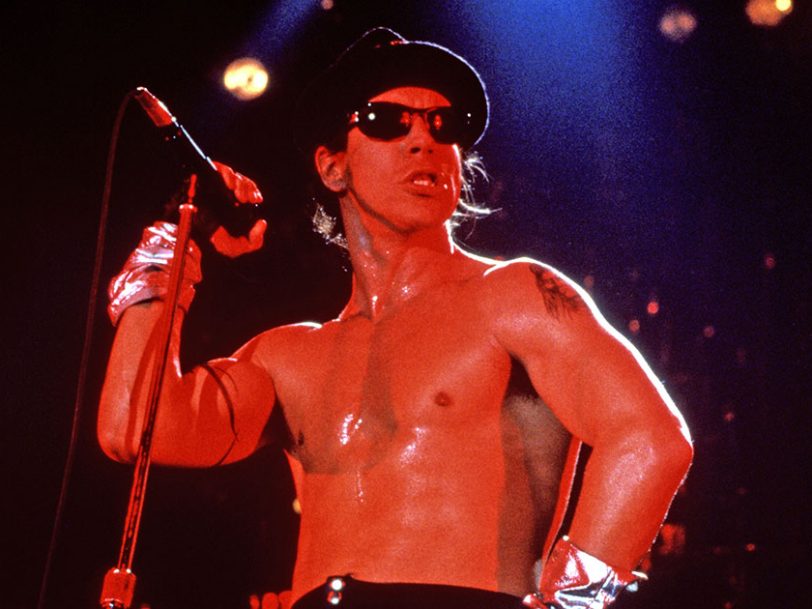Growing up can be hard, and the early years of Red Hot Chili Peppers were harder than most. Drugs and death – and drug-related death – led to the loss of more than one key bandmember, and, by the time the group settled in to record their sixth album, One Hot Minute, they had taken their longest break yet between albums – a forced hiatus brought on by the departure of the guitarist who had become so crucial to their patented funk-rock sound.
Listen to ‘One Hot Minute’ here.
“John Frusciante had been a true anomaly when it came to songwriting”
Red Hot Chili Peppers had already lost guitarist and founding member Hillel Slovak to an accidental overdose in 1988 – an event that troubled drummer Jack Irons to the point that he quit the band and was consumed by depression for years to follow. Yet within months of Slovak’s passing, the Chili Peppers recruited guitarist John Frusciante and drummer Chad Smith. A period of stability ensued, and the band’s popularity soared. 1989’s Mother’s Milk was a modest hit, but its follow-up, Blood Sugar Sex Magik, went stratospheric when MTV latched onto the singles Under The Bridge and Give It Away. Boasting one of the best 90s music videos, Under The Bridge helped turn the Chili Peppers into a household name, making sudden stars of the band. But Frusciante, who was then barely 20, struggled to come to terms with his new-found fame and took solace in heroin, dramatically quitting the group in 1992.
The search for a replacement was never going to be easy. Dave Navarro was always the band’s first choice, but since his previous group, Jane’s Addiction, broke up, he had been busy working on other projects and struggling with substance issues of his own. So the Chili Peppers ploughed on, auditioning, hiring and firing myriad other musicians. With the likes of Buckethead, Zander Schloss and Jesse Tobias failing to gel, Arik Marshall emerged as the most successful candidate, undertaking a full headline tour with the group under the Lollapalooza banner, and appearing in several music videos, as well as an episode of The Simpsons as a fully fledged member of the band.




